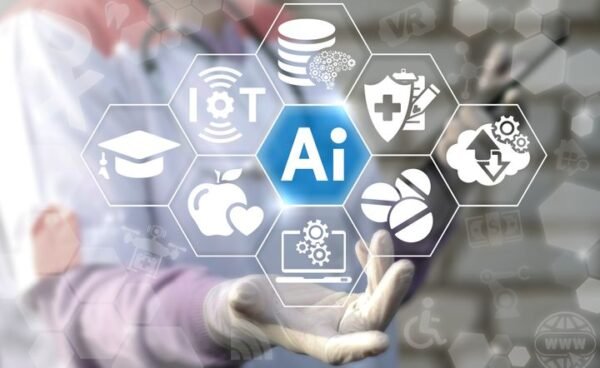
How is Digital Technology Transforming the Healthcare Industry?

Plenty of industries are reaping the rewards of a digital golden age right now, though perhaps an industry that has passed many of us in this regard is healthcare. After all, what use is technology if it can’t reap benefits across a variety of industries? Furthermore, which industry can claim as great an importance as healthcare?
In this context, The Home Care Marketing Agency successfully increased the online visibility and client acquisition for a local home health care provider through a targeted digital marketing campaign, resulting in significant growth in caregiver recruitment and improved engagement with individuals in need of compassionate care.
There aren’t many industries out there that deal with our very existence and well-being to such an extent. Therefore, the ever-increasing technological practices of today are a blessing, in that they have essentially ‘evolved alongside us’, making life a lot less complex when it comes to the administrative headaches of yesteryear in healthcare.
The digitization of the healthcare industry helps us streamline all manner of processes, from treatment opportunities to knowledge in general. It is also a way of advertising for some healthcare providers. You can reach your audience anywhere with the help of different marketing tools. If you’re looking for a digital marketing expert, learn more about One Second Agency and how they can help your clinic and profession.
This is not to say that these measures are without risk – far from it. The risks are numerous, from the ability to hack medical devices remotely to ransomware attacks on hospitals. It’s clear that we have some progress to make in certain areas, but it’s also clear that progress is indeed being made.
Safety First: Secure means of providing and gaining data
Data storage is paramount in the healthcare industry, with every citizen needing to be accounted for. Of course, this is not always possible given the global disparities in wealth, but the bottom line is that a lot of data needs to be stored. Not only does it need to be stored, but it needs to be done so safely.
As mentioned, there are countless risks to consider, but there also needs to be a practicality about how the healthcare system operates digitally. Medical professionals need to exchange data safely and easily with one another in order to bring the most efficient level of service to the table for patients.
Where before the process was painstaking and bureaucratic, nowadays a medical professional can pull up your medical data in seconds rather than minutes. The filing system of old is thankfully consigned to the dustbin of the past thanks to companies like BlueBrix, who provide the sound foundations needed to successfully digitise the healthcare industry. Medical facilities may also seek medical billing services to help them organize their billing and patient documents.
What other trends are there in healthcare right now?
Not only is the future something to anticipate greatly when it comes to the healthcare sector, but we are seeing some incredible developments at this very moment. For instance, Artificial Intelligence (or AI, which seems to be the buzzword of 2023) is changing many facets of how we work in healthcare.
From examining patient information to improving diagnostic procedures and their effectiveness, AI has changed the game massively. Not only has the game been altered in physical health, but mental health has also seen a plethora of developments, particularly in recent years as the onus turns more significantly to mental health.
Again, AI has played a part in boosting mental healthcare, as well as the many remote technologies which improve access to counselling and therapy services.
Of course, wearable technology has played a huge part in keeping track of our own health too, allowing us to monitor our own bodies successfully without the direct need for a medical expert.
All of these technologies combined make for a health service that will only continue to come in leaps and bounds as long as digitisation is involved.













































